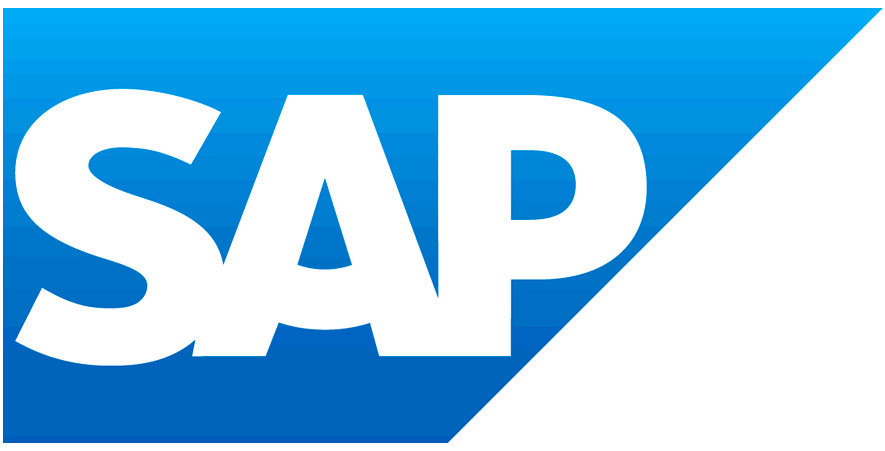A Collaborative Mindset Makes Rabobank a Leader Among Financial Institutions
By Judith Magyar
Farming has always been a tricky business. From the vagaries of nature to fluctuating crop prices, from the high cost of transportation to lack of credit, making a living as a farmer is not for the faint hearted. In the 1800s, the financial needs of farmers were not being met by the large, urban financial institutions of that time.
Friedrich Raiffeisen, a rural German mayor, came up with a system to collect the savings of farmers and use them to provide a sound financial base for credit, creating the Raiffeisen Cooperative Bank. This form of collective self-help took off in the Netherlands as well, where the Cooperative Central Boerenleenbank was established. In 1972 the two merged into one central cooperative named Rabobank.
Collaborative, Cooperative
Back then, combining idealistic principles within a business framework was considered a revolutionary idea. Now, financial institutions around the world are responding to the urgent call to action from the United Nations (UN) to end poverty through sustainable development goals and strategies to spur economic growth while tackling climate change to preserve the planet. The bank is particularly keen to strengthen the capacity of domestic financial institutions to encourage and expand access to banking, insurance, and financial services for all as described in goal number 8.
What sets Rabobank apart is its mindset. “We are a cooperative with members rather than shareholders,” explains Bart Vloet, senior vice president and senior IT lead for Housing at Rabobank. “Customers can demonstrate their involvement in the bank by becoming members. We have over 2 million members, and they steer and approve the bank’s course.”
The idea of mitigating individual financial risks through collective action is behind the bank’s success. Today, Rabobank is a global leader in food and agricultural financing and sustainability-oriented banking. Among the world’s 30 largest financial institutions with operations in 40 countries, it is the premier lender to the world’s food and agriculture industry. Offering a complete range of financial services, Rabobank is market leader in nearly all customer and product segments where it operates, from youth to startups and from individual mortgages to large enterprise financing.
Vloet is responsible for the company’s IT strategy for mortgage and commercial loans, which includes digitizing mortgage services and data management and using intelligent tools and robotics to deliver customer services.
“We’ve been using SAP core banking solutions for decades,” explains Vloet. “Now, it’s all about digitalization to provide an efficient customer journey. All our mortgage sales and services are available online.”
Customers and employees may have been somewhat hesitant at first to manage all their processes strictly online, but since the onset of the pandemic, adoption has been speedy. Vloet explains that modernizing processes with SAP solutions has made it easier to eliminate long paper trails. SAP offers real-time services, and the quality of data is much better. In the past it took months to process a loan; now, it can be approved instantly.
The digital core is a key requisite for launching new products quickly, while also keeping up with customer demand for better service and customization.
Intelligent, Inclusive
Digitalization has dramatically reduced the need for manual work. What Vloet finds especially exciting is that automating processes has freed up employees to engage more directly with customers. Thanks to greater data transparency and intelligent tools, Rabobank’s staff has much greater insight into the customer’s financial situation. They are better able to guide the customer’s choices and proactively offer the best products or packages. Deeply rooted in the communities where it operates, the company has developed mobile apps and in-person services to help people of all ages and backgrounds improve their financial health.
Rabobank’s mission is to promote financial well-being and security for customers and their communities, whether that means finding a comfortable home, performing meaningful work, or investing in a business. That includes removing barriers to financial products and services and increasing access to affordable, sustainable housing. Through these efforts, Rabobank aims for more diversity and inclusion in society at large.
From Rabobank’s point of view, all these transitions and themes are intertwined. For example, climate change is driving more people into poverty and preventing inclusion. In the Netherlands, there are more than 550,000 households where people are living in energy poverty, meaning that their energy bills are high and they either have no money to invest in sustainable solutions that would reduce monthly costs or they are not allowed to because of a rental agreement. This creates inequality and negatively impacts the transition to a more inclusive society.
Rabobank is committed to helping customers overcome money worries through better financial planning and tailored savings options to cover unexpected expenses, a home purchase, or early retirement.
Reaching these goals requires a highly efficient team running the best technology available. Inspired by SAP, Vloet envisions a digital future where more embedded services will make the customer and employee journey equally satisfying.
“We have a very complex IT infrastructure,” says Vloet. “It’s hard to pull out and replace legacy systems because they are all interdependent and connected. SAP helps us hugely by simplifying the process, and SAP’s extension platform also enables us to build what we need in a sustainable way.”
No single company can end poverty or spur economic growth on its own. Whether by automating the mortgage value chain or delivering top notch solutions for agricultural financing, SAP is enabling Rabobank in its mission to help drive sustainable development and a better future for people and the planet.

